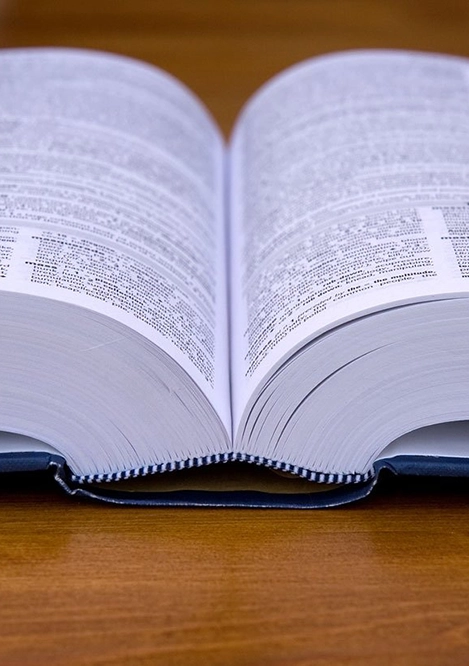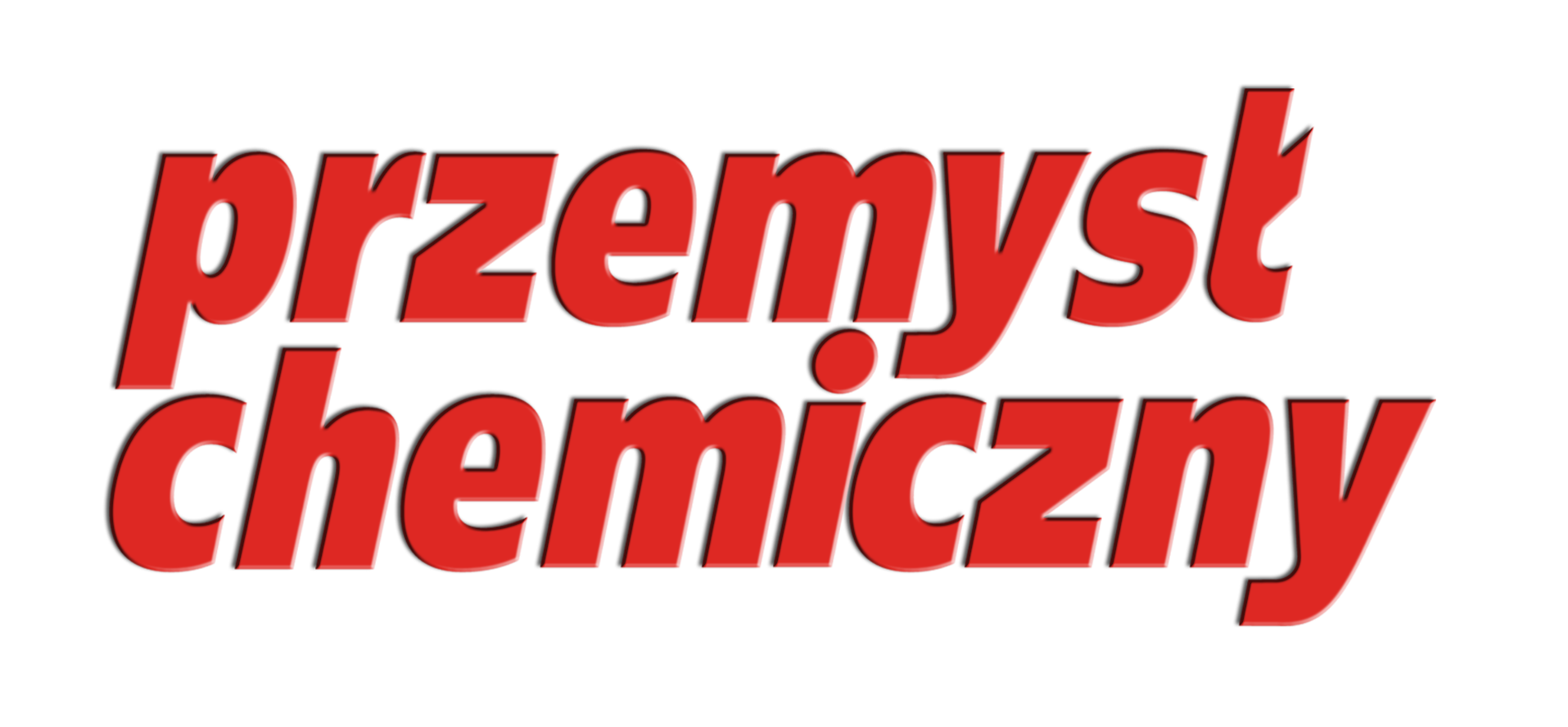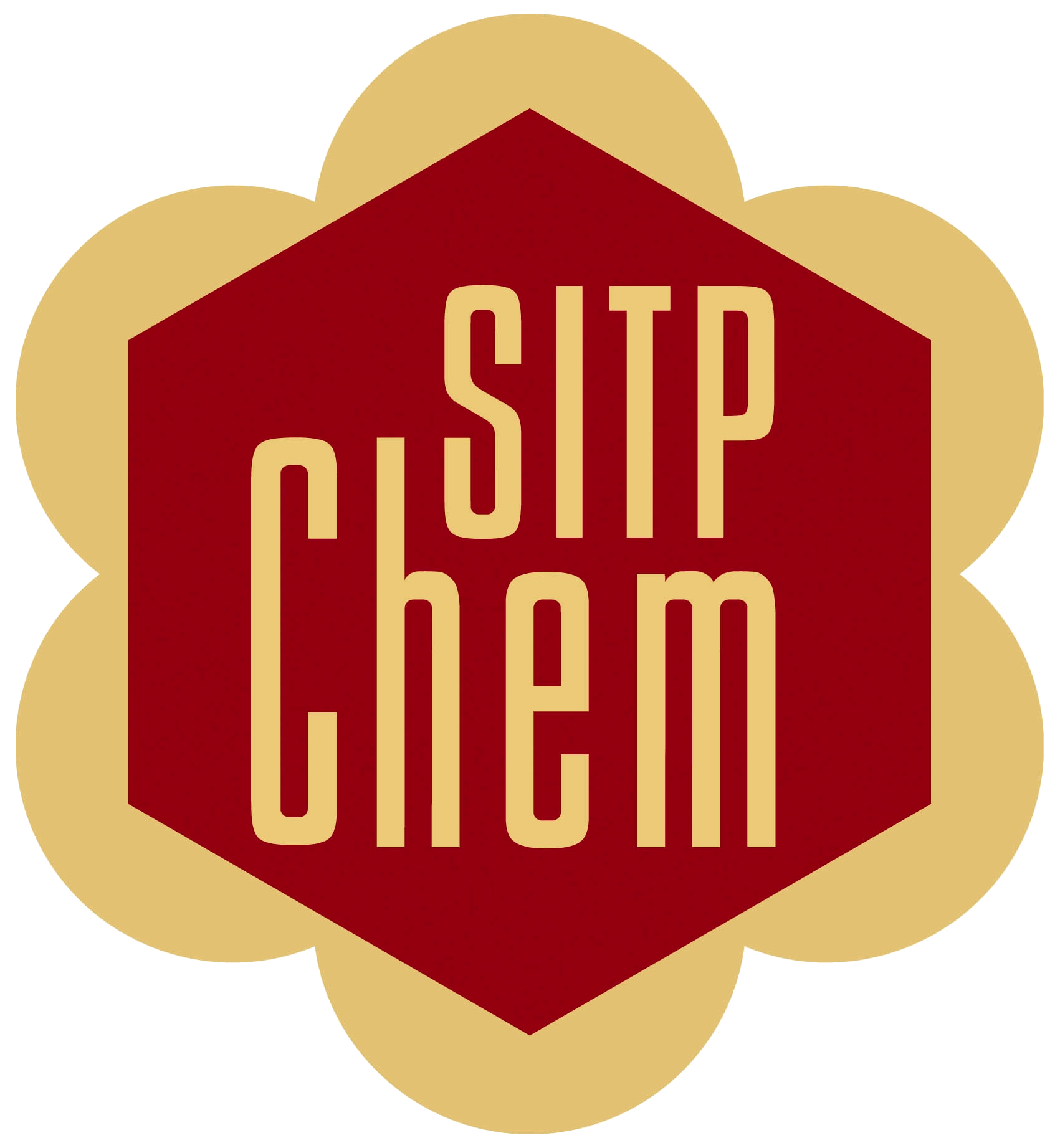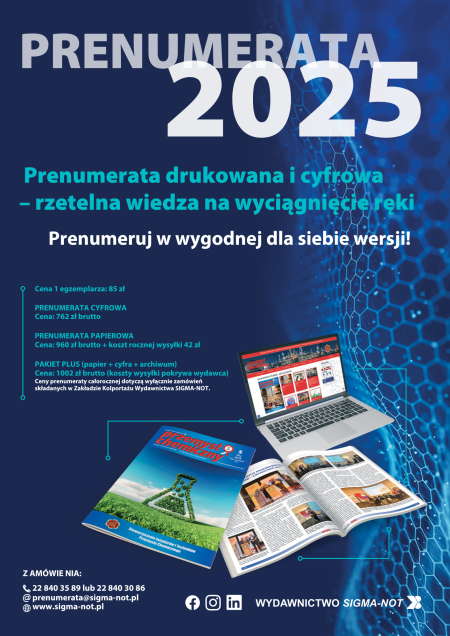ETHICS PRINCIPLES
“Przemysł Chemiczny”, as a scientific journal, is obliged to take measures to observe ethics in scientific publications, to publish high quality articles and to counteract unethical phenomena in science. Adherence to ethical principles is expected equally from all participants in the publication process, viz: Authors, Editors, Reviewers and Publisher.
Responsibilities of the Editor
The editor evaluates the material in a completely objective and fair manner, without discriminating against authors on the basis of race, gender, sexual orientation, religion, political beliefs, ethnicity and geographical origin. They base their decisions solely on the content of the article under review, taking into account its originality, scientific value, clarity of presentation of the issues, importance of the research or information for the scientific and technical community in the field.
The Editor treats all material received from the Authors as confidential and does not pass on information about it to anyone not directly involved in the publication process (authors, editors, reviewers, etc.) and does not use it in his own scientific activities without the written consent of the Author.
The Editor allows the Author to publish a polemic when the Author’s article has been criticised in the journal.
The editor does not block the possibility of publishing negative research results.
The Editor together with the Editorial Office pay particular attention to the applicable legal requirements regarding copyright.
Responsibilities of the Reviewer
The purpose of the review process is to assist the Editor-in-Chief and the Editorial Office in deciding whether to publish an article and possibly help the Author to improve or enhance his/her work.
The reviewer should objectively assess whether he or she can undertake a review of the article taking into account the scope of the material and the time frame specified by the Editor.
A reviewer shall not undertake the preparation of a review if he/she identifies a conflict of interest arising, for example, from a financial, personal or business relationship with any of the article’s authors, a company or an institution.
The reviewer treats all material received from the Editor as confidential and does not pass on information about it to third parties without the permission of the Editor and does not use it in his/her own scholarly activities without the written permission of the Author.
The review should be prepared objectively, clearly, unequivocally, without personal references and the criticisms should be supported by concrete arguments.
The reviewer should inform the Editor if he/she finds any content in the article with a significant degree of similarity to that found in other publications of which he/she is aware.

Responsibilities of the Author
The author submits only original and unpublished material to the Editor. It is not acceptable to submit articles simultaneously to several publications.
The article should be prepared taking into account the proper citation of sources and present the methods, research and results in a clear and readable manner so that the author’s course of action can be followed and the research can possibly be replicated by other researchers in the field. The article should take into account the state of knowledge in the field, and the research results should be described and analysed in detail and objectively. If partial results have been previously published, the Author is obliged to inform the Editor of this fact and to include a note to this effect in the article.
The authorship of the article is restricted to those who had a significant influence on the conception, assumptions, methods, conduct of the research and interpretation of the results, as well as the substantive drafting of the article.
All persons who contributed significantly to the article must be listed as co-authors. The author submitting the publication should disclose the contribution of the individual authors to the publication and ensure that all co-authors approve the article submission to the journal and the final version of the article.
- The author confirms that the research data used in the publication were not fabricated or manipulated.
- The author should notify the Editor of any significant errors noted in their publication if they occur and co-operate with the Editor to correct or rectify them.
- The author should keep the source research data for possible release upon request to the Editor or authorised institutions.
- The author confirms, if justified, that all research has been carried out in accordance with the ethical and formal rules applicable to the scientific field in question (e.g. approval of the bioethics committee).
- The author should disclose the sources of funding for the publication, the contribution of scientific research institutions, associations and other entities (financial disclosure) and any conflicts of interest that may be associated with the publication of the article.
Dealing with unethical practices
In a situation where there is a suspicion of dishonesty in a published or submitted article, particularly concerning plagiarism, ghostwriting or guest authorship, the Editor takes steps to clarify the matter, first requesting a response from the Author. In the event of confirmed dishonesty significantly violating the rules of ethics, the Editor takes further steps, which may include, among others, publishing information about the detected dishonesty and notifying the Author’s employer. All manifestations of academic dishonesty are documented by the Editor.
Developed from the guidelines of COPE – (Committee on Publication Ethics.)





